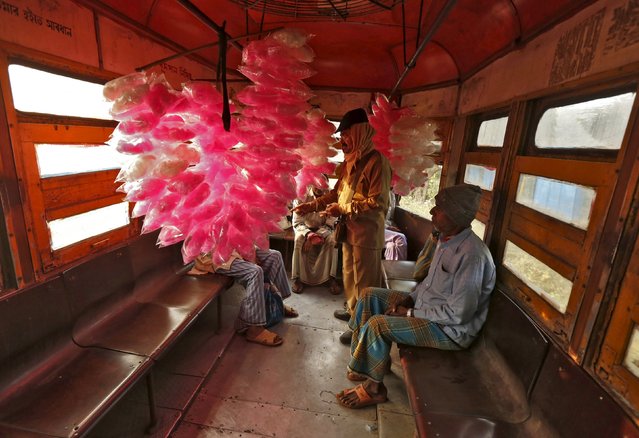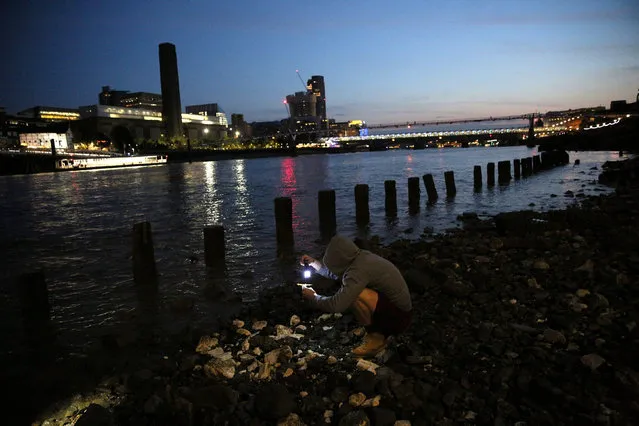
Syrians try to rescue a dead body under the debris of a collapsed building after Syrian and Russian army carried out an airstrike on opposition controlled residential area at Merce neighborhood of Aleppo, Syria on September 23, 2016. (Photo by Jawad al Rifai/Anadolu Agency/Getty Images)
24 Sep 2016 10:41:00,post received
0 comments







